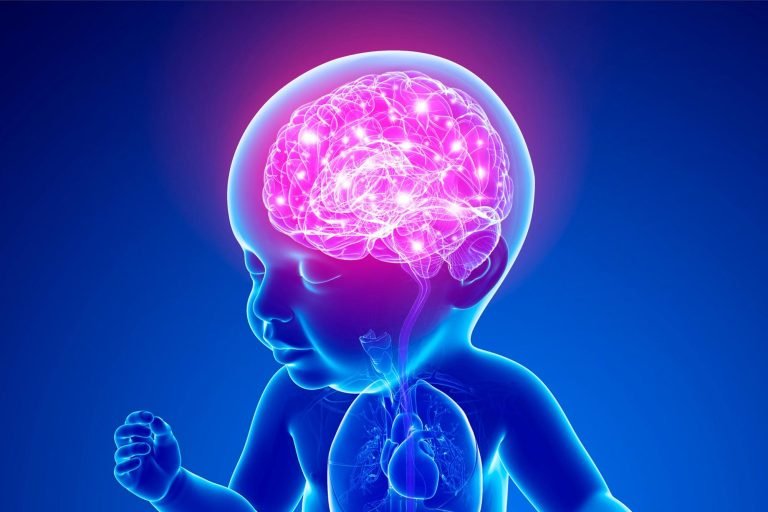Researchers at Florida Atlantic University harnessed AI to analyze infant movements during the baby-mobile experiment, revealing feet movements as a crucial indicator of environmental interaction.
Key Findings:
- AI models, particularly 2D-CapsNet, accurately identified developmental stages.
- Feet movements showed the highest accuracy rates, emphasizing their significance.
- Infants explored more after losing mobile control, indicating eagerness to reconnect.
Understanding Infant Interactions:
The baby-mobile experiment involves attaching a colorful mobile to an infant’s foot, tracking movements with 3D motion capture. AI analysis uncovered complex patterns in infant movements.
Expert Insights:
“AI systems identified the feet as the most affected by interaction with the mobile… The way infants connect with their environment has the biggest impact at the points of contact.” – Scott Kelso, Ph.D.
“The feet – as end effectors – are the most affected by the interaction… Infants explored more after losing mobile control.” – Aliza Sloan, Ph.D.
Impact on Infant Learning:
- Mobility influences infant learning and environmental interaction.
- AI analysis provides valuable insights into early developmental stages.
- Understanding infant movement patterns informs strategies for cognitive development.
Share Your Thoughts:
How can AI enhance our understanding of infant development? What role does mobility play in cognitive growth?
Related Articles:
- The Power of Play: Enhancing Cognitive Development in Infants
- AI in Early Childhood Education: A Promising Future
- Unlocking Infant Potential: Breakthroughs in Cognitive Research

















